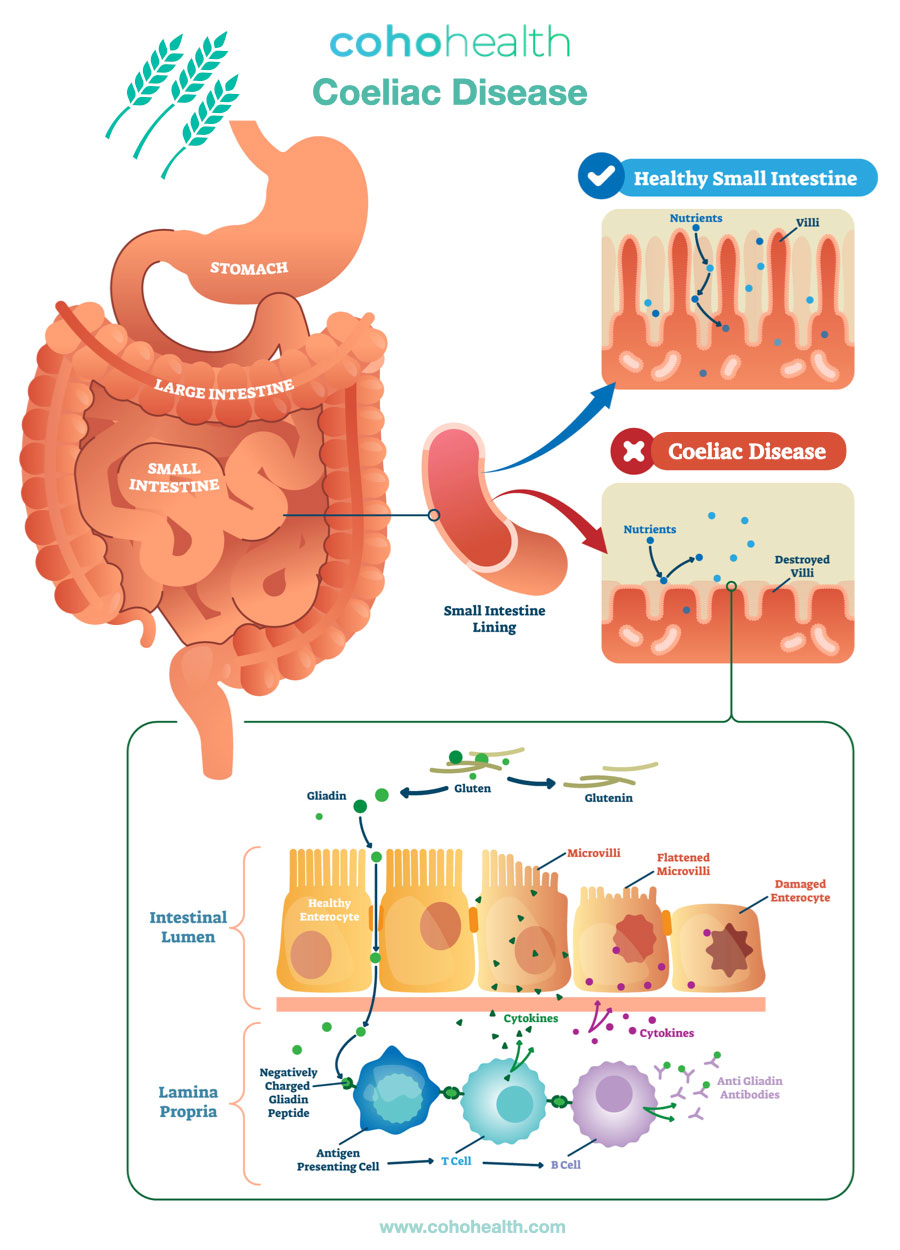Non Small Cell Lung Cancer Alternative Treatments
When it comes to non small cell lung cancer (NSCLC) treatment options, many patients are left feeling frustrated and overwhelmed by the limited choices available. Traditional treatments like chemotherapy, radiation therapy, and surgery can be effective, but they also come with significant side effects and uncertainties. In recent years, alternative approaches have gained popularity as a way to complement or even replace conventional therapies. In this article, we’ll explore some of the most promising non small cell lung cancer alternative treatments.
Integrative Therapies for NSCLC
One of the most well-studied alternative treatments for NSCLC is integrative therapy. This approach combines evidence-based practices from conventional medicine with complementary therapies like acupuncture, massage, and meditation. Studies have shown that integrative therapy can help reduce symptoms, improve quality of life, and even enhance response to traditional treatment.
Acupuncture for Lung Cancer Symptoms
Acupuncture has been shown to be effective in reducing the severity of lung cancer-related symptoms like pain, fatigue, and shortness of breath. By stimulating specific points on the body with thin needles, acupuncture can help regulate the body’s energy and alleviate discomfort.
Mind-Body Therapies for NSCLC
Mind-body therapies like meditation, yoga, and tai chi have gained popularity as a way to reduce stress and anxiety associated with cancer diagnosis. These practices can also help improve mood, enhance immune function, and even promote tumor regression.
Meditation for Lung Cancer Patients
Meditation has been shown to be particularly effective in reducing symptoms like pain, fatigue, and depression among lung cancer patients. By incorporating mindfulness meditation into daily routines, patients can better cope with the emotional and physical challenges of cancer treatment.
Nutrition and Supplements for NSCLC
A well-balanced diet rich in fruits, vegetables, whole grains, and lean proteins is essential for overall health and wellness. For lung cancer patients, nutrition plays a critical role in supporting immune function and reducing the risk of treatment-related side effects.
Tumeric for Lung Cancer Treatment
Tumeric, a spice commonly found in Indian cuisine, contains a powerful compound called curcumin that has been shown to have anti-inflammatory and antioxidant properties. Research suggests that curcumin may help reduce inflammation and improve outcomes among lung cancer patients receiving traditional treatment.
Energy Therapies for NSCLC
Energy therapies like Reiki, qigong, and therapeutic touch aim to restore balance to the body’s energy fields. While the scientific evidence is still limited, many patients have reported improved symptoms and overall well-being after experiencing these treatments.
Qigong for Lung Cancer Patients
Qigong, a traditional Chinese practice that combines movement, breathing, and meditation, has been shown to improve quality of life, reduce fatigue, and enhance emotional well-being among lung cancer patients.
Biomagnetic Therapy for NSCLC
Biomagnetic therapy is an alternative approach that uses magnets to stimulate the body’s natural healing processes. Some studies suggest that biomagnetic therapy may help reduce pain, inflammation, and other symptoms associated with lung cancer treatment.
Biomagnetic Treatment for Lung Cancer
While more research is needed to fully understand the potential benefits of biomagnetic therapy for NSCLC, some patients have reported significant improvements in symptoms and quality of life after receiving this treatment.
In conclusion, non small cell lung cancer alternative treatments offer a promising array of options for patients seeking to complement or replace conventional therapies. By incorporating integrative therapies, mind-body practices, nutrition, supplements, energy therapies, and biomagnetic treatments into their care plans, patients can take an active role in managing symptoms, improving quality of life, and enhancing overall well-being.
As you continue your journey with NSCLC, remember that taking control of your health is a powerful step towards healing. Consult with your healthcare provider to determine the best course of treatment for your unique needs and circumstances. Whether exploring alternative approaches or traditional therapies, staying informed and empowered can make all the difference in your fight against cancer.
Further reading:
* “Integrative Therapies for Lung Cancer: A Review” (Journal of Alternative and Complementary Medicine)
* “Mind-Body Interventions for Lung Cancer Patients: A Systematic Review” (Cancer Research)


